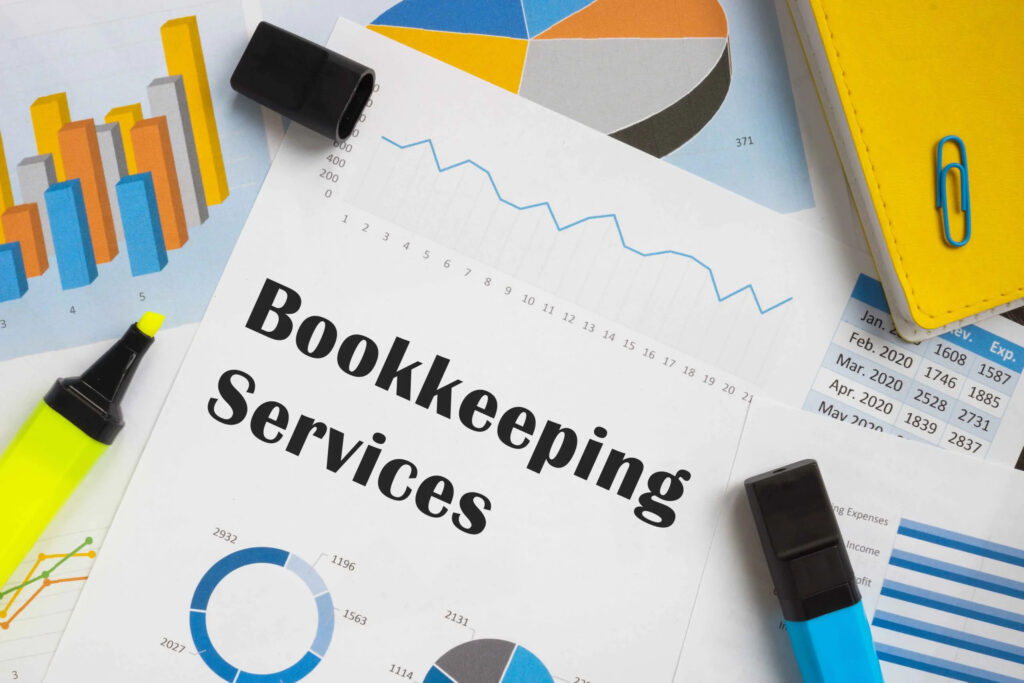
In today’s global economy, businesses of all sizes are expanding across borders — selling to international customers, paying overseas vendors, and partnering with remote teams. This rapid globalization brings one major challenge: multi-currency transactions.
Handling multiple currencies can quickly become a headache for in-house teams. Exchange rate fluctuations, international tax compliance, and cross-border reconciliation make financial tracking complex and time-consuming.
That’s why more companies are turning to offshore bookkeepers who specialize in managing multi-currency accounting. These professionals offer the tools, expertise, and global experience to help businesses handle cross-border transactions with accuracy and efficiency.
In this article, we’ll explain how offshore bookkeepers manage multi-currency transactions, the tools they use, and why this support can be a game-changer for growing businesses.
Why Multi-Currency Management Matters
When a business operates in more than one currency, every financial transaction — whether it’s revenue, an expense, or a vendor payment — needs to be:
- Recorded accurately in local currency
- Converted correctly into the reporting/base currency
- Tracked for exchange rate gains/losses
- Compliant with international accounting standards
This becomes especially challenging when:
- You’re working with international suppliers and freelancers
- You’re collecting payments from customers in different countries
- Your business holds accounts in multiple currencies
- You report financials in one home currency (e.g., USD, GBP, or EUR)
Without the right expertise and systems, multi-currency accounting can lead to reporting errors, tax misstatements, and cash flow confusion.
How Offshore Bookkeepers Handle Multi-Currency Transactions
Here’s how experienced offshore bookkeepers simplify the entire multi-currency process:
1. Setting a Base Currency for Reporting
The first step is determining the company’s base currency — usually aligned with the country where the business is headquartered or where taxes are filed.
Offshore bookkeepers configure this in your accounting software and ensure that all foreign transactions are converted and recorded in the base currency at the appropriate exchange rate.
They also track original transaction amounts and currency details for future audit or compliance needs.
2. Using Smart Accounting Software with Multi-Currency Support
Top offshore bookkeeping firms work with cloud-based accounting platforms that offer real-time multi-currency features, such as:
- QuickBooks Online
- Xero
- Zoho Books
- NetSuite
- Odoo
These tools allow offshore bookkeepers to:
- Automatically detect and apply real-time exchange rates
- Set up foreign currency accounts (bank accounts, vendors, customers)
- Convert and reconcile foreign transactions with ease
- Handle foreign exchange (FX) gains and losses
Many platforms also support integrations with:
- Payment processors like PayPal, Stripe, and Razorpay
- eCommerce platforms like Shopify, Amazon, and WooCommerce
This helps sync multi-currency data seamlessly with the accounting system.
3. Tracking Exchange Rate Differences
Exchange rates change daily, and those fluctuations can impact your reported revenue or expenses.
For example:
If you invoice a customer in EUR and the payment arrives a week later when the EUR/USD rate has changed, your actual income in USD may differ.
Offshore bookkeepers track these FX differences and record:
- Gains or losses caused by rate changes
- Real vs. expected payment values
- Adjustments in cash flow projections
This ensures that your reports reflect accurate net income, not just surface-level amounts.
4. Reconciling Multi-Currency Bank Accounts
If your business uses international bank accounts, offshore bookkeepers help:
- Record foreign currency deposits and withdrawals
- Reconcile those accounts monthly
- Match payments to invoices in both the foreign and base currency
- Ensure that bank charges and fees (in various currencies) are accurately logged
This prevents duplicate entries, miscalculations, and unbalanced books — even across multiple currencies.
5. Multi-Currency Vendor & Customer Management
Experienced offshore bookkeepers set up vendor and customer profiles in their respective currencies, which allows:
- Invoicing in foreign currencies
- Vendor bill payments in the correct amount and currency
- Automatic exchange rate application
- Accurate A/R and A/P tracking, regardless of location
They also generate custom reports that show:
- Sales by currency
- Outstanding invoices by country
- Supplier costs in original vs. converted currency
This level of detail helps businesses make smarter financial decisions globally.
6. Complying with Local and International Standards
Offshore bookkeepers understand international accounting standards (IFRS, GAAP) and ensure your multi-currency records comply with:
- Tax reporting requirements
- Foreign exchange regulations
- Currency translation adjustments for consolidated reporting
This is especially important if you’re preparing for audits, applying for funding, or expanding into new markets.
Is It Safe to Share Financial Data with Offshore Bookkeepers?
Yes — when you work with a reputable provider. Top offshore firms use:
- Bank-grade encryption
- Two-factor authentication
- Access controls and user permissions
- Secure cloud platforms like QuickBooks Online or Xero
They also sign non-disclosure agreements (NDAs) and provide transparent data handling policies — so your sensitive financial information remains protected.
Who Should Use Offshore Bookkeeping for Multi-Currency Needs?
Offshore bookkeeping services are ideal for:
- eCommerce businesses with global customers
- Agencies working with remote contractors
- SaaS companies accepting payments in multiple countries
- Startups expanding into international markets
- Service-based businesses billing overseas clients
If you’re juggling more than one currency regularly, offshore support can save you time, reduce stress, and prevent errors — while keeping your finances audit-ready.
Final Thoughts
Managing multi-currency transactions doesn’t have to be complicated — if you have the right team in place.
Offshore bookkeepers bring the tools, skills, and experience to handle every aspect of global accounting: from automated currency conversions and reconciliation to FX gain/loss reporting and compliance.
As your business grows internationally, offshore bookkeeping helps you maintain clarity, control, and confidence in your numbers — no matter how many currencies you work with.






































